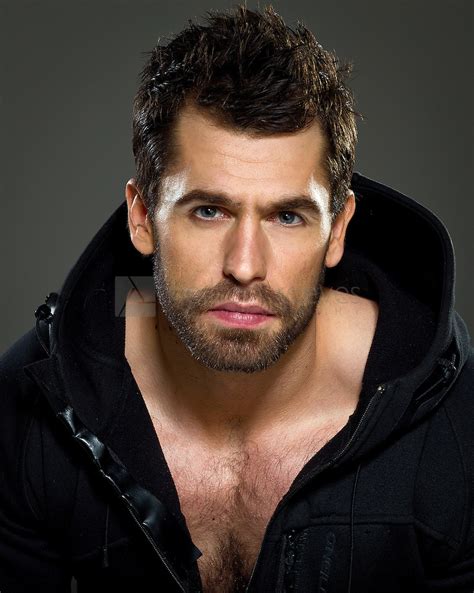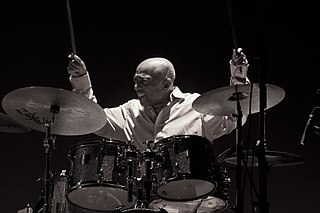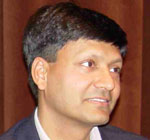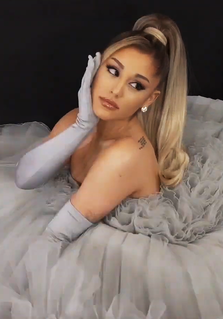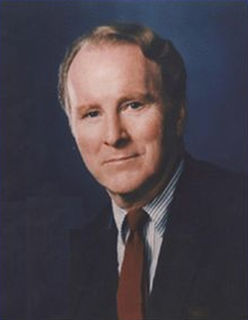A Quote by Ali Sina
Words can mean different things to different people. It is important to understand what people mean when they use a certain word. Let's make an example. Take the word gay. Fifty years ago, gay meant exclusively cheerfulness, lighthearted excitement, merry or bright colors. Today this word has a different meaning. You won't call a cheerful person gay because it could be understood as something else.
Quote Topics
Because
Bright
Bright Colors
Call
Certain
Cheerful
Cheerfulness
Colors
Could
Different
Different Me
Different Meaning
Different People
Different Thing
Different Things
Else
Example
Excitement
Fifty
Gay
Important
Lighthearted
Make
Mean
Meaning
Meant
Merry
People
Person
Something
Something Else
Take
Things
Today
Understand
Understood
Use
Word
Words
Years
Years Ago
Related Quotes
I was like, "This is a new thing that the gay people have decided? That's the gayest thing I've ever heard in my life." You can't do that. You can't decide that a word is forbidden now collectively amongst your group of human beings, that the word is a slanderous evil nasty word about homosexuals. It's not, the word doesn't mean that. And sometimes it's a good word to use in comedy. That's what your friend has to realize when he's at a bar just yelling out the word.
If one person sits down at their computer one day and types one word, dose that affect the future? If that one person didn't type that one word, would the future's history be changed? Dose their one word even mean anything? Dose my one (times a lot) word mean anything? Dose that one person's one word even get read-once? If I wasn't sitting here writing my words, would my future be different?
The language in New Mexico is very different. At first when you hear the speech here, you don't really know what to do with it, but then I just went with it, because as a writer as well as a translator I do believe that translated words are not different names for the same thing. They're different names for different things. I tried to stay as true as I could, so I used Ruben Cobos' dictionary of Southwestern Spanish, and when I went into Spanish I never assumed the word I would use would be the word a nuevomexicano would use.
The ball scene was never really only gay people. I think people have this notion that if there's a man hanging around a gay man, he must be gay, but that's just stigma. Back in the day, it was the same; there were lots of different people there: gay, straight, whatever. They did not care what they were called because they knew who they were.




